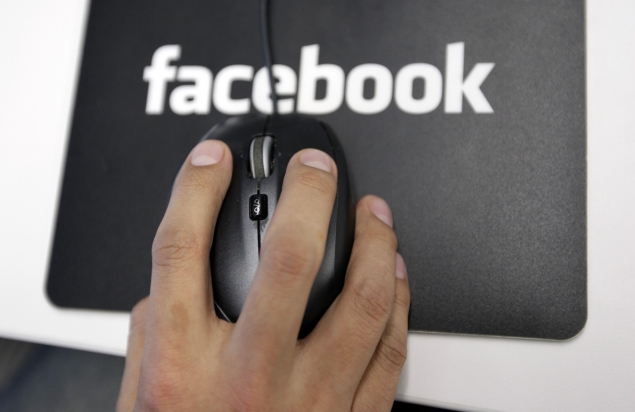- Home
- Social networking
- Social networking News
- Social networks tend to lower self control offline as well
Social networks tend to lower self-control offline as well

The finding demonstrates that users who are focused on close friends tend to experience an increase in self-esteem while browsing their social networks; afterwards, these users display less self-control.
Greater social network use among this category of users with strong ties to their friends is also associated with individuals having higher body-mass indexes and higher levels of credit-card debt, according to the paper, the Journal of Consumer Research reports.
"To our knowledge, this is the first research to show that using online social networks can affect self-control," said study co-author Andrew T. Stephen, assistant professor of business administration at the University of Pittsburgh School of Business and College of Business Administration.
"We have demonstrated that using today's most popular social network, Facebook, may have a detrimental affect on people's self-control," added Stephen, according to a Pittsburgh statement.
Stephen co-authored the research with Keith Wilcox, assistant professor of marketing at Columbia Business School.
The paper includes the results of five separate studies conducted with a total of more than 1,000 US Facebook users.
Stephen and Wilcox say these studies have implications for policy makers because self-control is an important mechanism for maintaining social order and well-being.
"It would be worthwhile for researchers and policy makers to further explore social network use in order to better understand which consumers may be particularly vulnerable to suffering negative psychological or social consequences," the authors wrote.
Get your daily dose of tech news, reviews, and insights, in under 80 characters on Gadgets 360 Turbo. Connect with fellow tech lovers on our Forum. Follow us on X, Facebook, WhatsApp, Threads and Google News for instant updates. Catch all the action on our YouTube channel.
Related Stories
- Samsung Galaxy Unpacked 2026
- iPhone 17 Pro Max
- ChatGPT
- iOS 26
- Laptop Under 50000
- Smartwatch Under 10000
- Apple Vision Pro
- Oneplus 12
- OnePlus Nord CE 3 Lite 5G
- iPhone 13
- Xiaomi 14 Pro
- Oppo Find N3
- Tecno Spark Go (2023)
- Realme V30
- Best Phones Under 25000
- Samsung Galaxy S24 Series
- Cryptocurrency
- iQoo 12
- Samsung Galaxy S24 Ultra
- Giottus
- Samsung Galaxy Z Flip 5
- Apple 'Scary Fast'
- Housefull 5
- GoPro Hero 12 Black Review
- Invincible Season 2
- JioGlass
- HD Ready TV
- Latest Mobile Phones
- Compare Phones
- Tecno Pova Curve 2 5G
- Lava Yuva Star 3
- Honor X6d
- OPPO K14x 5G
- Samsung Galaxy F70e 5G
- iQOO 15 Ultra
- OPPO A6v 5G
- OPPO A6i+ 5G
- Asus Vivobook 16 (M1605NAQ)
- Asus Vivobook 15 (2026)
- Brave Ark 2-in-1
- Black Shark Gaming Tablet
- boAt Chrome Iris
- HMD Watch P1
- Haier H5E Series
- Acerpure Nitro Z Series 100-inch QLED TV
- Asus ROG Ally
- Nintendo Switch Lite
- Haier 1.6 Ton 5 Star Inverter Split AC (HSU19G-MZAID5BN-INV)
- Haier 1.6 Ton 5 Star Inverter Split AC (HSU19G-MZAIM5BN-INV)







![[Partner Content] OPPO Reno15 Series: AI Portrait Camera, Popout and First Compact Reno](https://www.gadgets360.com/static/mobile/images/spacer.png)









